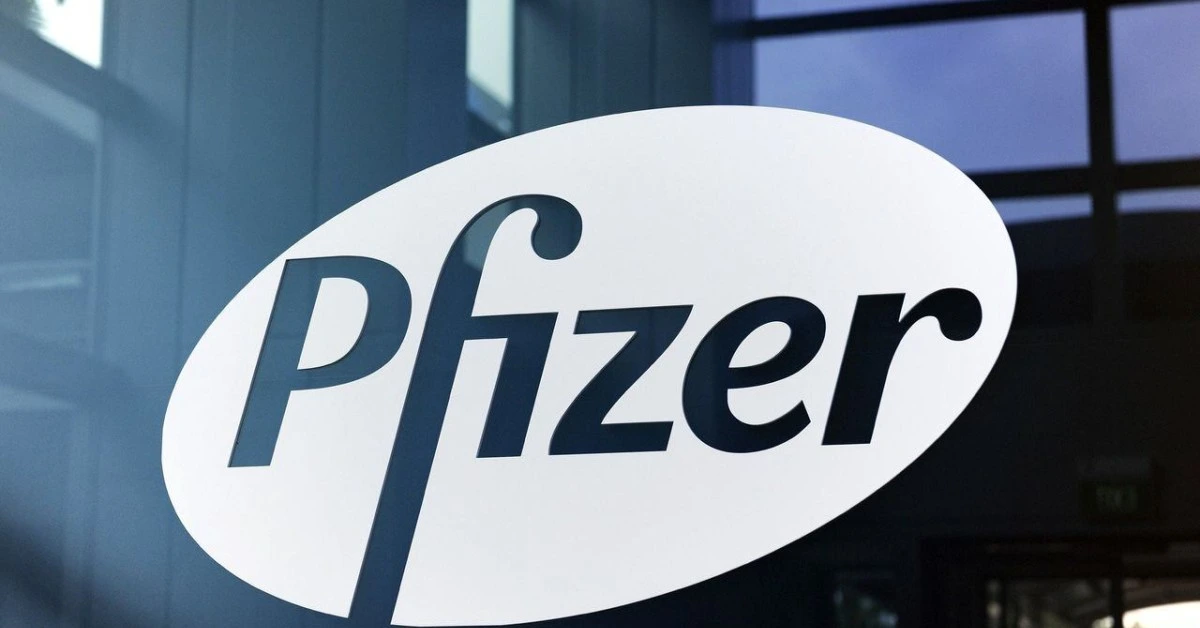
USA – Pfizer has officially terminated its partnership with Sangamo Therapeutics for the development of a hemophilia A gene therapy, dealing a significant blow to the biotech firm as its stock plummeted by 56% on the final trading day of 2024.
Despite promising Phase III trial results, Pfizer opted not to move forward with regulatory submissions and will hand the program back to Sangamo by April 2025.
The gene therapy, giroctocogene fitelparvovec, is designed to address hemophilia A by enabling patients with moderate to severe forms of the disease to produce Factor VIII, a crucial protein for blood clotting.
In the AFFINE Phase III trial, the therapy achieved its primary goal by significantly reducing the annualized bleeding rate over a follow-up period of at least 15 months.
Additionally, nearly two-thirds of patients remained free of bleeding episodes for almost three years after a single infusion. The therapy was also well tolerated in clinical studies, as per a press release by the company.
How Giroctocogene Fitelparvovec works
Hemophilia A arises from mutations in the F8 gene, which disrupt the production of Factor VIII, leading to improper blood clotting and prolonged bleeding episodes.
Giroctocogene fitelparvovec uses a viral vector to deliver a functional version of the F8 gene to liver cells, enabling them to produce Factor VIII.
Administered as a one-time infusion, the therapy offers a potential long-term solution for managing hemophilia A by preventing bleeding episodes.
In the AFFINE trial, which enrolled 75 adult men with hemophilia A, the therapy reduced the mean annualized bleeding rate from 4.73 episodes during a lead-in study to 1.24 after treatment.
The results highlighted its effectiveness in reducing bleeding episodes, offering hope for a durable treatment.
Pfizer’s decision and market challenges
In November 2024, Pfizer informed Sangamo that it was in discussions with regulatory authorities regarding the therapy.
Sangamo anticipated that Pfizer would file for approval in the U.S. and European Union in early 2025.
However, Pfizer unexpectedly decided to terminate the partnership, citing no plans to seek regulatory approval. This decision reflects broader challenges in the hemophilia A gene therapy market.
BioMarin Pharmaceutical’s Roctavian, approved by the FDA in mid-2023, has faced slower-than-expected market uptake, prompting BioMarin to narrow its focus to just three markets.
Roctavian’s sales totaled only US $16 million in the first nine months of 2024, highlighting hesitancy among patients to adopt gene therapies over established treatments like Roche’s once-weekly Hemlibra.
Questions around the durability of gene therapy effects, including those of giroctocogene fitelparvovec, have further dampened enthusiasm.
Sangamo’s path forward
Sangamo now plans to explore all available options to continue developing and commercializing giroctocogene fitelparvovec.
This includes seeking a new partner with expertise in the genomic medicine market. CEO Sandy Macrae expressed the company’s commitment to advancing the therapy, emphasizing its potential to improve patient outcomes.
The end of Pfizer’s collaboration represents a significant financial setback for Sangamo. Pfizer had paid US $70 million upfront to license the therapy and an additional US $55 million in milestone payments.
Sangamo had expected up to US $220 million in regulatory and commercial milestones over the next two years, revenue that now will not materialize.
Compounding the financial pressure, Sangamo recently disclosed that it only had sufficient funds to sustain operations into the first quarter of 2025.
While the biotech secured US $20 million upfront from a deal with Astellas for gene therapy delivery technology, it remains under significant financial strain.
Sangamo will regain full rights to giroctocogene fitelparvovec when Pfizer’s agreement officially ends in April.
XRP HEALTHCARE L.L.C | License Number: 2312867.01 | Dubai | © Copyright 2025 | All Rights Reserved